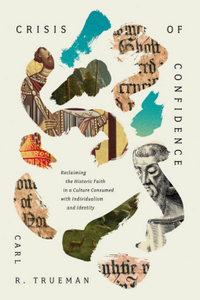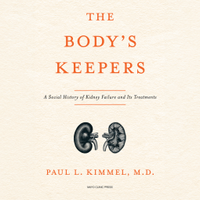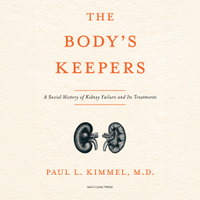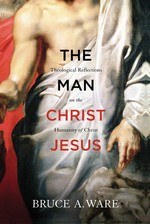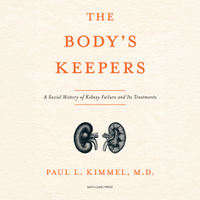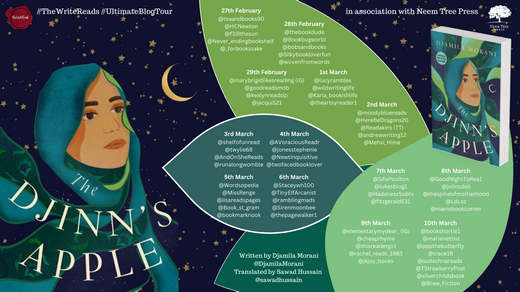It’s done. It’s not good—or what I wanted it to be—but it’s done. Finally.
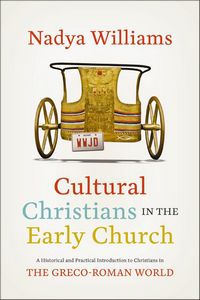 Cultural Christians in the Early Church:
Cultural Christians in the Early Church:
A Historical and Practical Introduction
to Christians in the Greco-Roman World
DETAILS: Publisher: Zondervan Academic Publication Date: November 14, 2023 Format: Paperback Length: 207 pg. Read Date: January 7-14, 2024

What’s Cultural Christians in the Early Church About?
First, let’s define “Cultural Christian”—for Williams, they’re “individuals who self-identify as Christians, but whose outward behavior, and, to the extent that we can tell, inward thoughts and motivations are largely influenced by the surrounding culture rather than by their Christian faith and teachings of Jesus.” It’s easy to find examples of these types of Christians today—and many ministers will talk about the struggle to minister in some areas (like the Bible Belt) because of this phenomenon. But clearly, from the title of this book, Williams holds they were present in the Early Church.
She has three reasons for writing (or reading) this book—the first is to combat the idea that the Early Church was too spiritual and correct to have to deal with these individuals—and because of that we can have some problematic ideas about the Church today. Secondly, because of our historical ignorance, we can fail to see how the Early Church was influenced by the culture around them. Third, if we see how the Early Church is susceptible to this, and that we are, too—we can more easily see the need to push beyond Cultural Christianity to the genuine article.
To pursue these aims, Williams considers Early Church History (the first five centuries A.D.) in three eras:
Average Believers
Most books that I’ve read on or around these years in Church History focus on the heavyweight theologians and Church Leaders of the time—those people whose names we still recognize, who played significant roles in the development of Creeds and Dogmas, etc. And yes, Williams does cite and discuss some of them.
But her focus is on average believers—people like you (probably) and me. People who will never be cited in a history text, people that few will know existed 10 years after we die. But people who leave records, or who will be talked about (at least in aggregate) by others.
Again, this is not to say that the “big names” of history are ignored—for one thing, it’s frequently through them that we have records of, and access to, the average person. But to get a real flavor of what life is like we don’t just need the theological tracts and creeds, we need to know what people ate, wore, did for a living, and so on.
So, what did I think about Cultural Christians in the Early Church?
I absolutely loved this book and have brought it up in casual conversation a lot over the last couple of months (and repeatedly tossed out drafts of this post because I didn’t like it enough).
Because this book isn’t just a history, it’s about the current Church, too. How we are susceptible to the same—or similar—foibles. Frequently, the reader can see this just by reading the historical portions and reflecting (it usually doesn’t take deep reflection). But Williams will also focus on parallels, or draw out clear lines of comparison. This is a call to the reader to think about their own beliefs and practices and to examine them—are they based on Scripture or are they based on the culture around us?
While we may think that we are removed from the world of the early church, the nature of human sinfulness has not changed. The stories of these early Christians, therefore, are surprisingly familiar and convicting, if only we look closely. While it is at times jarring to admit, their stories are our stories too.
We have the same feet of clay as our forefathers did—and the same challenges to overcome. Thankfully, we have the same Savior. This book helps us to remember that—and I encourage everyone to pick this up (and not just so you don’t have to hear me do it in person).

This post contains an affiliate link. If you purchase from it, I will get a small commission at no additional cost to you. As always, the opinions expressed are my own.
![]()



